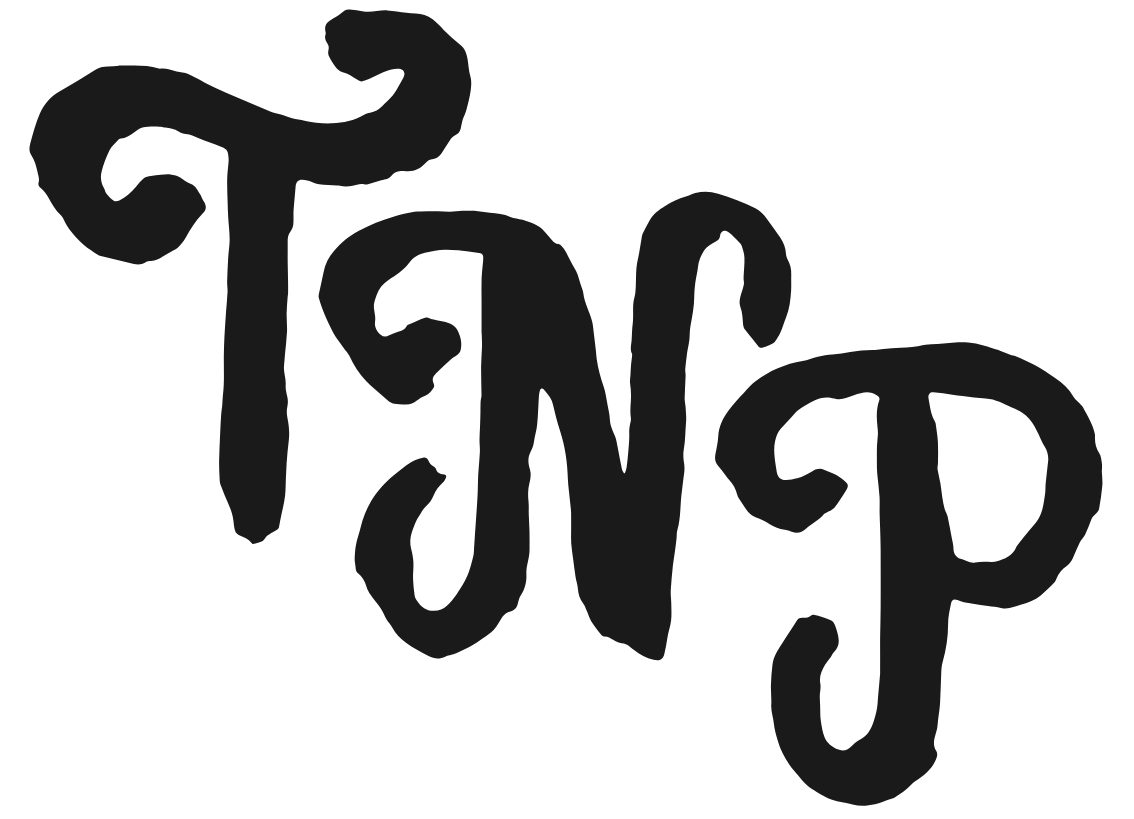Blog
Read passionate stories about music and joyful memories, written by us or our friends!
• The Wacky World of the Earliest Rap in Dutch and its Surprising Relevance Today (Part 2)
• The Wacky World of the Earliest Rap in Dutch and its Surprising Relevance Today
• A Leap Into Circuit Diagram‘s Ursumpf
• OCCII – A documentary by Mehdi Tallal
• Naya Beat Volume 1: South Asian Dance and Electronic Music 1983–1992
• Music Experiences in the West Bank #3
• Music Experiences in the West Bank #2
• Music Experiences in the West Bank #1
• EAR x TNP at Aslan Versmarkt
• A Clubbing Experience
• Do fish enjoy blues music?
• The Wacky World of the Earliest Rap in Dutch and its Surprising Relevance Today
• A Leap Into Circuit Diagram‘s Ursumpf
• OCCII – A documentary by Mehdi Tallal
• Naya Beat Volume 1: South Asian Dance and Electronic Music 1983–1992
• Music Experiences in the West Bank #3
• Music Experiences in the West Bank #2
• Music Experiences in the West Bank #1
• EAR x TNP at Aslan Versmarkt
• A Clubbing Experience
• Do fish enjoy blues music?
The Wacky World of the Earliest Rap in Dutch and its Surprising Relevance Today
by Romain Crutzen, January 16, 2023


